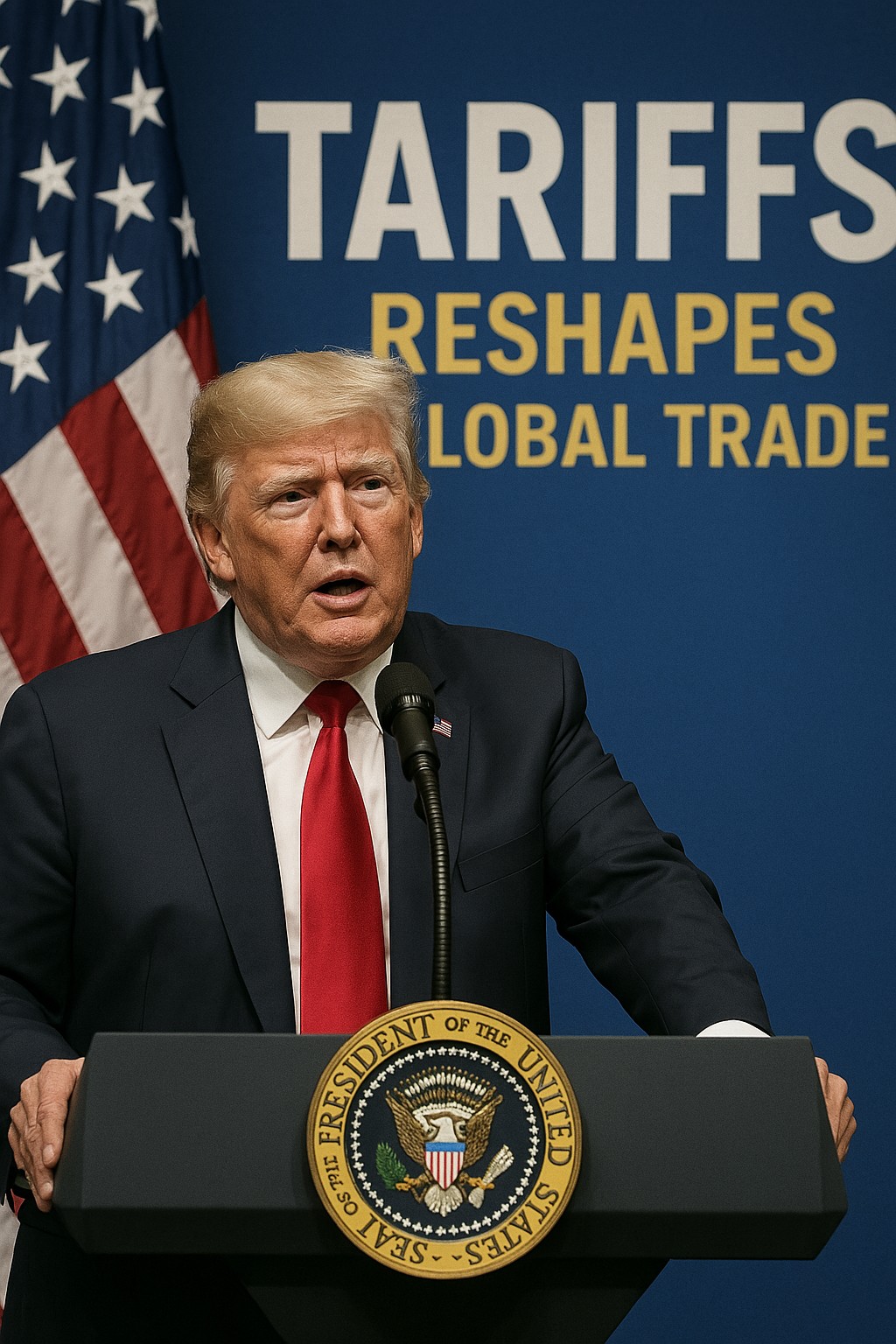By Luke Allen
Hong Kong: The repercussions of a high-profile sedition case in Hong Kong are being felt far and wide, as a local court handed down convictions to two former editors of the now-defunct pro-democracy news outlet, Stand News. The journalists in question, Chung Pui-kuen and Patrick Lam, now face the specter of up to seven years behind bars and substantial fines following their guilty verdicts under a colonial-era sedition law, which was enacted during the British colonial rule and is often criticized for its broad and vague provisions.
At the heart of the prosecution’s case were 17 articles presented as evidence, alleging that Chung and Lam had been complicit in promoting “illegal ideologies” and openly criticizing Hong Kong’s contentious national security law. The utilization of such charges and the subsequent convictions have sent shockwaves through the journalistic community, marking the first instance of sedition convictions since the city transitioned to Chinese rule in 1997.
Stand News, a prominent Chinese-language news platform known for its unwavering support of Hong Kong’s autonomy and democratic ideals, held a substantial following in 2021. Its editorial stance, rooted in advocating for civil liberties and amplifying voices critical of government policies, made it a thorn in the side of authorities adamant on suppressing dissenting narratives.
Compounding the convictions of Chung and Lam, the parent company of Stand News, Best Pencil Limited, was also found guilty in the sedition case. This further cements the crackdown on media outlets perceived as challenging the status quo, as it demonstrates that not only individual journalists but also their employers are at risk of legal action for their editorial stance.
The legal proceedings surrounding these journalists have sent ripples across the international community, with concerns mounting over the implications for press freedom and freedom of expression in Hong Kong. The case has sparked international condemnation and is widely viewed as a litmus test for the city’s commitment to upholding journalistic independence and safeguarding the rights of media practitioners in an increasingly restrictive environment.
As Hong Kong grapples with shifting political landscapes and the encroachment of mainland China’s legal apparatus on its once-vibrant media landscape, the convictions of Chung and Lam stand as a stark reminder of the challenges facing journalists operating in the region. The verdicts serve as a cautionary tale of the narrowing space for dissenting voices and the profound impact of legal actions against those who dare to speak truth to power in an increasingly hostile environment to critical journalism.




